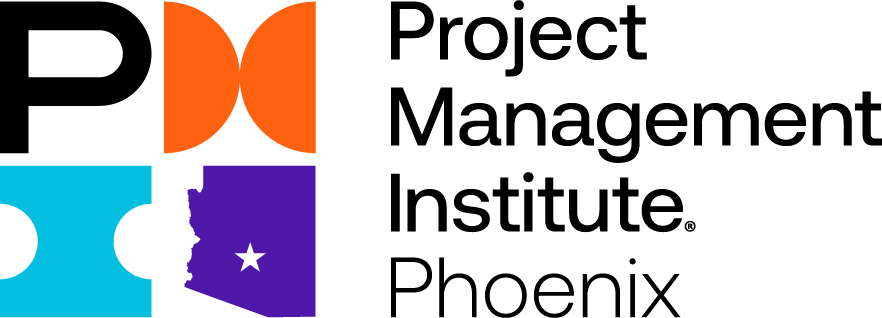2021 JOBS REPORT an excerpt from the January issue of PM Network.
BY A. WILKINSON

Subway station in New York, New York, USA
 United States
United States
The Outlook: The United States logged the worst economic contraction in its history during the second quarter of 2020, as non-farm payrolls—which account for 80 percent of workers in the economy—dropped by nearly 21 million in April. But by the end of the year, the data was hinting at hope: Hiring during October outpaced September by 15.5 percent, according to LinkedIn’s November Workforce Report. That’s still 5.8 percent lower than October 2019 but reason to celebrate for those on the job market.
But the road ahead for the U.S. job market is murky. “Without adequate fiscal stimulus and safety from the virus, employers and consumers will be unable to move forward, and so the recession will deepen,” says Erica Groshen, PhD, senior economic adviser, Cornell University, New York, New York, USA.

—Erica Groshen, PhD, Cornell University, New York, New York, USA
Job opportunities are hardest to find in industries such as recreation and travel (down 41 percent in October compared with the year prior, according to LinkedIn), the arts (down 32 percent), energy and mining (down 32 percent), legal (down 18 percent), hardware and networking (down 14 percent) and entertainment (down 13 percent).
“But as the pandemic persists, we’re beginning to see layoffs occur outside these industries,” says John Challenger, CEO of outplacement firm Challenger, Gray & Christmas, Chicago, Illinois, USA.
Expansion plans have widely been abandoned until companies can emerge from the fog of uncertainty and more clearly define the long-term structural changes that will occur as a result of the pandemic, Groshen says. Companies will hoard cash and delay investment in R&D and capital improvement projects until they can regain certainty around the competitive landscape and consumer behavior.
The Opportunity: Manufacturing, transportation and logistics, construction, retail and real estate have seen the biggest recovery in open positions since hitting lows in April 2020, according to LinkedIn. And while brick-and-mortar retail may be floundering, companies that sell goods and services are strengthening their online infrastructure and offerings in response to the mass shift in consumer behavior, says Challenger. Those organizations will need digital-savvy project talent to push forward.
Project activity—and a need for project managers—extends beyond those fields. When the pandemic first hit, industries that could transition to remote work—largely white-collar professional jobs—immediately implemented work-from-home policies that became long-term for many. By midyear, three-fourths of professional workers, including project managers, were still working remotely, says Challenger.
While CEOs in North America are the least likely to view low-density workplaces as a lasting change (as much as 20 percentage points less than CEOs in Latin America, for instance), nearly half believe the trend will be permanent, according to PwC. For this year, the abrupt but enduring acceptance of digital collaboration tools and remote work will continue, predicts McKinsey, which means a serious appetite for project leaders to effectively steer everything from the development of analytical tools to change initiatives around dispersed teams.

PHOTO BY ERGIN YALCIN/E+/GETTY IMAGES. OPPOSITE PAGE, PHOTO BY LIANG SEN/XINHUA VIA GETTY IMAGES
United States:
Geotargeting
Location matters—not only in how many positions are available, but also what sectors they’re in. Of the 100 largest U.S. metropolitan areas, Rochester, New York won the top slot for job outlook, according to ManpowerGroup, with 29 percent of organizations signaling they intended to expand headcount in the last three months of 2020. At the other end of the list, Los Angeles, California; New Haven, Connecticut; and Miami, Florida all fell below zero for overall hiring intention. Here are the sectors with the sharpest seasonally adjusted uptick in hiring intention by U.S. region.


